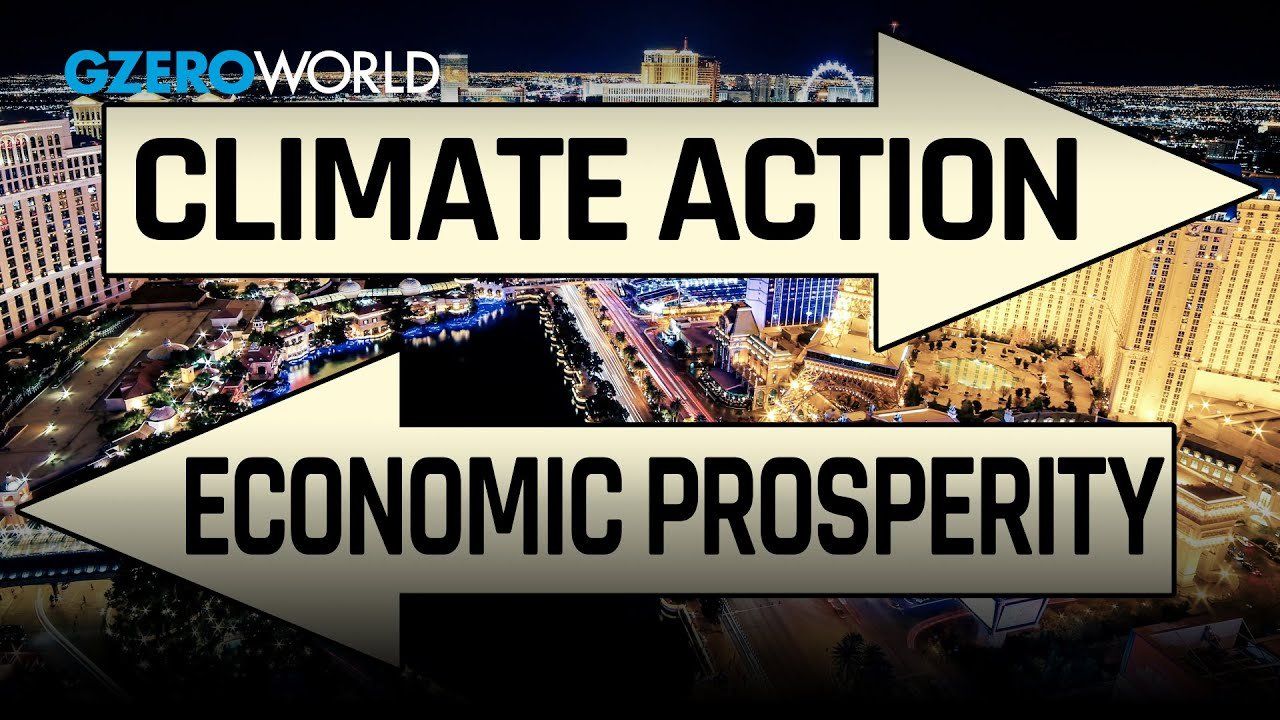GZERO World Clips
Bjorn Lomborg wants to redefine climate change's impact on our lives and economy

Bjorn Lomborg wants to redefine climate change's impact on our lives and economy | GZERO Media

Climate change is an urgent problem, but it can be helpful to think about it in the long term because it’s a problem that will be inherited by generations to come.
On GZERO World, Ian Bremmer challenges controversial climate author Bjorn Lomborg on whether his perspective on climate would be different if he were going to live for 200 years instead of the typical 85. But Lomborg holds fast in his belief that though climate change will affect the trajectory of human progress, it won’t lead to the most dire predictions forecast by climate scientists. Instead of searching for a panacea, Lomborg says the world should focus on policies that address climate change in the most cost-effective and efficient ways.
Bremmer challenges Lomborg to think about the potential loss of coastal areas and homelands from rising sea levels, which would lead to a significant shift in how people perceive the future of the planet. But Lomborg is firm in his belief that straight-line thinking is counterproductive. Lomborg predicts we’ll be able to protect most places with advances in technology and that worst-case climate scenarios won’t come to pass.
In this Quick Take, Ian Bremmer addresses the killing of Alex Pretti at a protest in Minneapolis, calling it “a tipping point” in America’s increasingly volatile politics.
Who decides the boundaries for artificial intelligence, and how do governments ensure public trust? Speaking at the 2026 World Economic Forum in Davos, Arancha González Laya, Dean of the Paris School of International Affairs and former Foreign Minister of Spain, emphasized the importance of clear regulations to maintain trust in technology.
Will AI change the balance of power in the world? At the 2026 World Economic Forum in Davos, Ian Bremmer addresses how artificial intelligence could redefine global politics, human behavior, and societal stability.
Ian Bremmer sits down with Finland’s President Alexander Stubb and the IMF’s Kristalina Georgieva on the sidelines of the World Economic Forum to discuss President Trump’s Greenland threats, the state of the global economy, and the future of the transatlantic relationship.